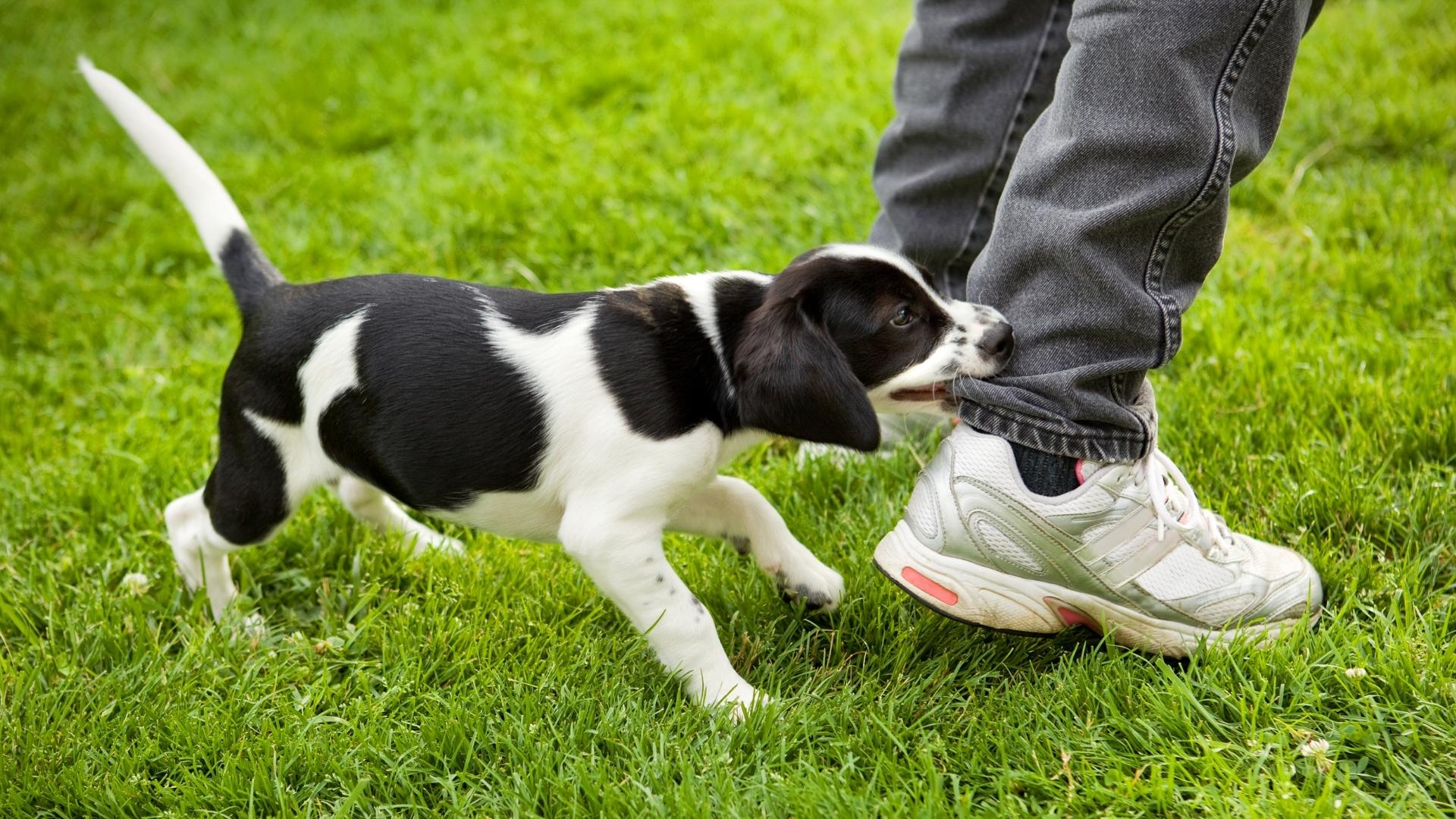
Teething & Dental Care: Everything you need to know
What is “Teething”? What are “Deciduous Teeth”? What are some must know facts about the teething process? Why do puppies & kittens start biting, nipping & chewing everything? Does the biting ever stop? How to dissuade your pet from ripping apart your favourite sneakers? When do permanent teeth emerge? Should you brush your pet’s teeth at an early age? If yes, how?
This blog encompasses all relevant information on a puppy or kitten’s teething process.

Teething: An overview
The same way human babies grow new teeth during infancy, your puppy or kitten also grows teeth. Just like human babies, your pet will first grow a set of baby teeth; also known as “Primary” or “Deciduous” teeth, which means that they fall out soon after. These teeth are pointed & sharp, which is why they’re also referred to as “needle teeth”. This process can be super painful for your pet. Be extra vigilant during this period for anything unusual & don’t forget to consult your veterinarian.
"Dogs have 28 Deciduous teeth which are replaced by 42 permanent teeth. In case of cats, they start with 26 primary teeth which give way to 30 permanent teeth."
When do deciduous teeth fall out?
Puppies & kittens begin teething at around 3-4 weeks. Just like human babies, pups & kittens get temporary or “milk teeth” called “Deciduous Teeth”. By approximately 6 weeks, all of their deciduous teeth should erupt. Then, at around 12 weeks, the deciduous teeth start falling out & permanent teeth begin to erupt. Generally, by 6 months of age, all permanent teeth should erupt & all deciduous teeth should fall out.
Don’t be alarmed if you see any deciduous teeth on the floor or when you hear that your pet will harmlessly swallow those teeth while he’s eating or chewing something. It is also normal for you to notice red, swollen gums & red stains on your pet’s toys.

Why does your pet bite / chew on everything?
Just like a human infant, during the few weeks when your puppy or kitten is teething, he is bound to chew on people, furniture edges, and pretty much everything lying around (including valuable items) that are within his reach. The mild pain & discomfort that your pet may feel during this time is directly linked to him biting & chewing on everything. Pets learn everything about their surroundings, primarily with their nose & mouth and this behaviour by your pet should be considered normal. This tendency gets particularly pronounced in “mouthy” breeds such as Retrievers.
Will your pet ever stop chewing / biting everything?
Yes, he will, mostly. Experts have noted that excessive biting & chewing behaviour subsides around 18 months of age. However, traces of these tendencies might continue to some degree, depending on your pet’s breed & temperament. It’s important to note that chewing, licking & mouthing are normal behaviours for your pet as a way of exploring & learning.

What steps should you take if your pet chews & bites everything?
Training your pet is a sensitive & extensive journey of bonding, affection & positive reinforcement. Learn everything about Clicker Training, Crate Training, Essential commands, Potty Training & Vet visits here. However, not every action should be rewarded.
Don’t reward behaviour you do not want & do not let others reward it either.
- Negative Reinforcement: If & when your pet starts biting or chewing on your hand or body or furniture or a valuable item, let out a high-pitched shriek just like your pet makes. This makes your pet understand that such acts aren’t rewarded, therefore dissuading him from doing it further. But, give him a treat or verbal praise for backing off. However, some pets get more excited if you raise your voice. In that case, pull your hand away, turn & leave that area or gently place your pet inside his crate.
- Caution with Children: This behaviour should be dissuaded even more around children & infants. Permitting biting or nipping with your children invariably teaches your pet that your children’s hands & body are acceptable chew toys for your pet. Make sure kids follow dissuasive behaviour or stop playing with your pet after being bitten or scratched.
- Teach ‘Bite Inhibition’: This is the best time to teach your pet how to moderate the force of his bite. Your adult pet may want to communicate with you by biting or nipping you & may try to communicate various emotions, such as, hunger, inconvenience or pain. When taught correctly, your pet may put their mouth on you or someone else, a family member or your vet, with an intent of communication.
- Offer instant replacement: After teaching your pet that his bite is painful to you, replace your hand or the item with something he can bite or chew on. While playing, if your pet starts biting your hand or nipping at your feet, offer him a toy instead. Keep such alternatives around & handy so you can quickly offer it to your pet whenever he feels the need to chew.
Additionally, make sure you supervise your pet while he’s chewing on a toy as he may still bite of chunks & swallow them.
“The best way to help your pup at this time is to provide some safe chew items. Soft rubber and plastic dental rings and chews can be excellent. Teething toys should be tough enough to withstand hard chewing, which means that plush toys aren’t a good option”. - Victoria Schade, Author & dog trainer.
- Take him out: Whenever you feel that your pet is showing signs of excessive energy, take him out for a walk or run or some playtime.
- Never hit or scare: I repeat, NEVER HIT, PHYSICALLY PUNISH, SCARE, TUG or PULL TOO HARD on your pet or his leash. If your pet seems to be biting out of aggression or pain, consult your veterinarian or a dog trainer.
- Freeze Treats & toys: Cold treats can ease pain & swelling of sensitive, teething gums. Ice cubes may be too hard for your pet, for now. Small pieces of treats & fruity alternatives can be cut into small, chewable chunks & frozen.
- Use the Zoivane Stay Away Spray: The Zoivane Stay Away Spray is tailor-made for pet parents, to use whenever they want their pets away from some areas in your house. Restrict your pet’s entry in the kitchen, mandir room, sofas, beds, furniture & anything you don’t want your pet to be around.
- Accidents & Positive Reinforcement: Accidents will happen. If you’re late to arrive to the “chew party” & you see your favourite shoes or sofa being ripped apart, calmly remove the item from the vicinity, give your pet a firm “NO” & replace the item with his favourite toy or treat. Positive Reinforcement goes a long way in creating a positive & loving relationship with your pet.

Veterinary dentists often sum this up with: "Don't let your dog chew anything that won't bend."
Should you brush your pet’s teeth early on?
In short, yes. Getting your pet used to brushing, toothpaste & oral care early on, in general, is a good idea. Also, you may want to retrieve objects out of his mouth or look inside without risk of injury at some point in the future. This is why, getting your pet accustomed to oral care will prevent many complications in the future as dental problems are common & treating them is a costly affair. Your pet’s toothbrush should be soft, and toothpaste must be formulated for a pet’s system (an enzymatic toothpaste will work both mechanically and chemically to destroy plaque).

Consult your veterinarian if you must, but get a toothbrush & toothpaste that is suitable for your pet’s sensitive teeth & gums. By brushing your pet’s teeth regularly, you can prevent or decrease the need for veterinary cleanings, which usually require anesthetizing the dog and are a costlier affair. DO NOT use regular, human toothpaste as it contains ingredients like Xylitol which is toxic for pets & can even prove fatal.
Calmly, slowly introduce your oral care items to your pet. If possible, ask your vet to demonstrate an easy brushing technique & advice you for getting your pet accustomed to an oral care routine.
Teething is a vital phase in a pet's life. It's important that you understand & pay close attention to your pet's actions during this phase, understand the process of teething & use positive training methods to make this phase easier for your pet.
You can connect with Zoivane Pets on our Website, Instagram, Linkedin, Facebook & YouTube. For suggestions, queries or feedback mail us at wecare.zoivane@gmail.com or Whatsapp us on +91-9727054006
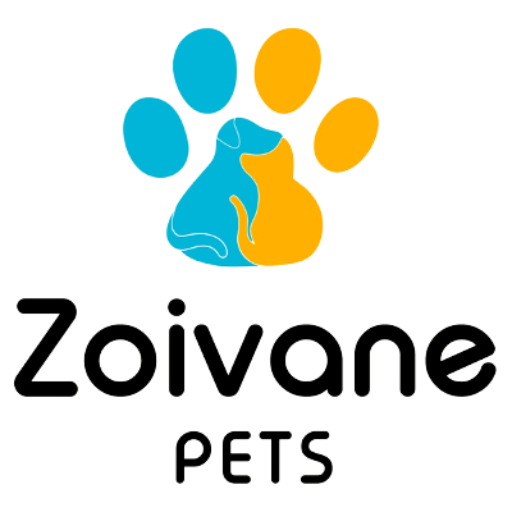
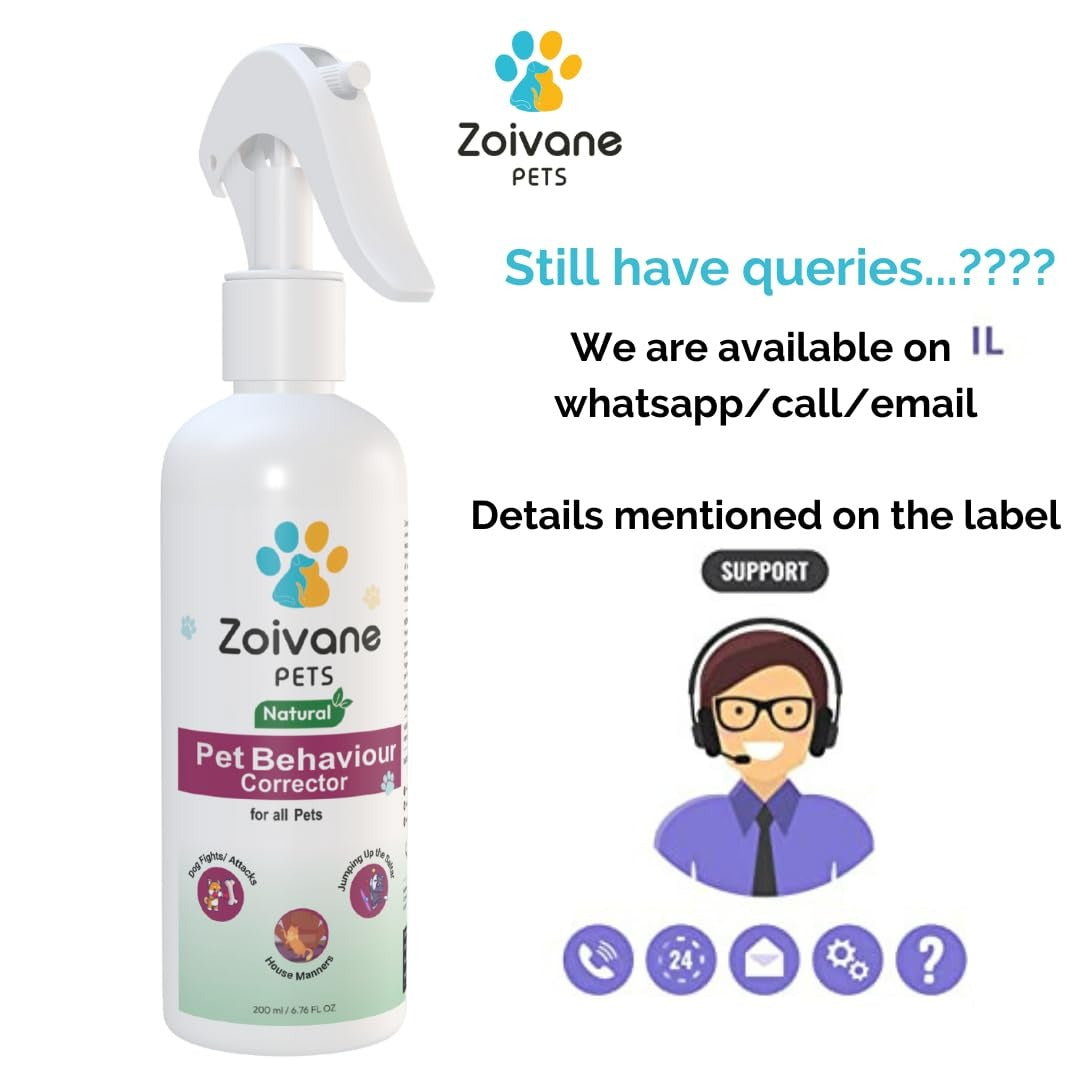
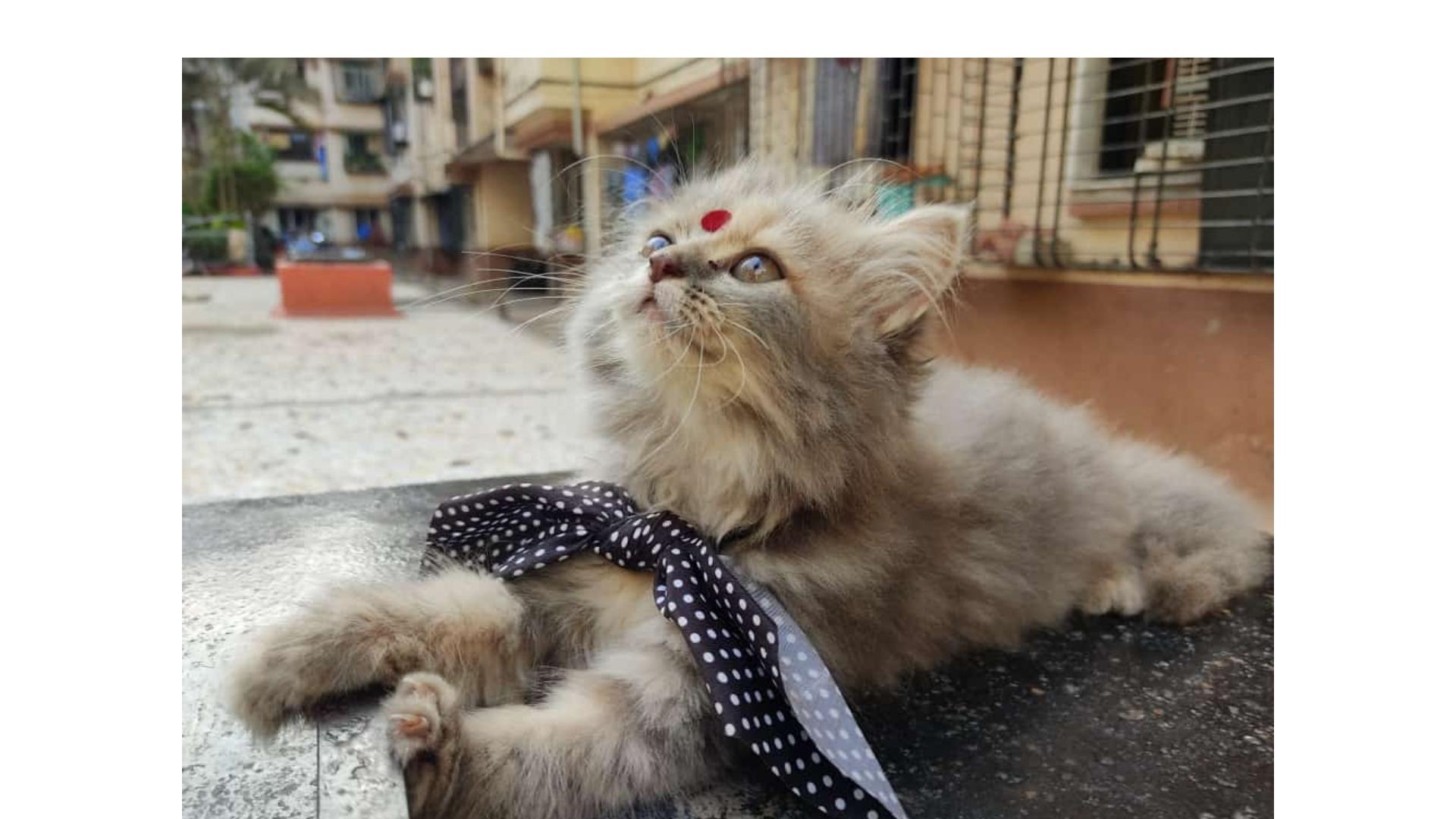
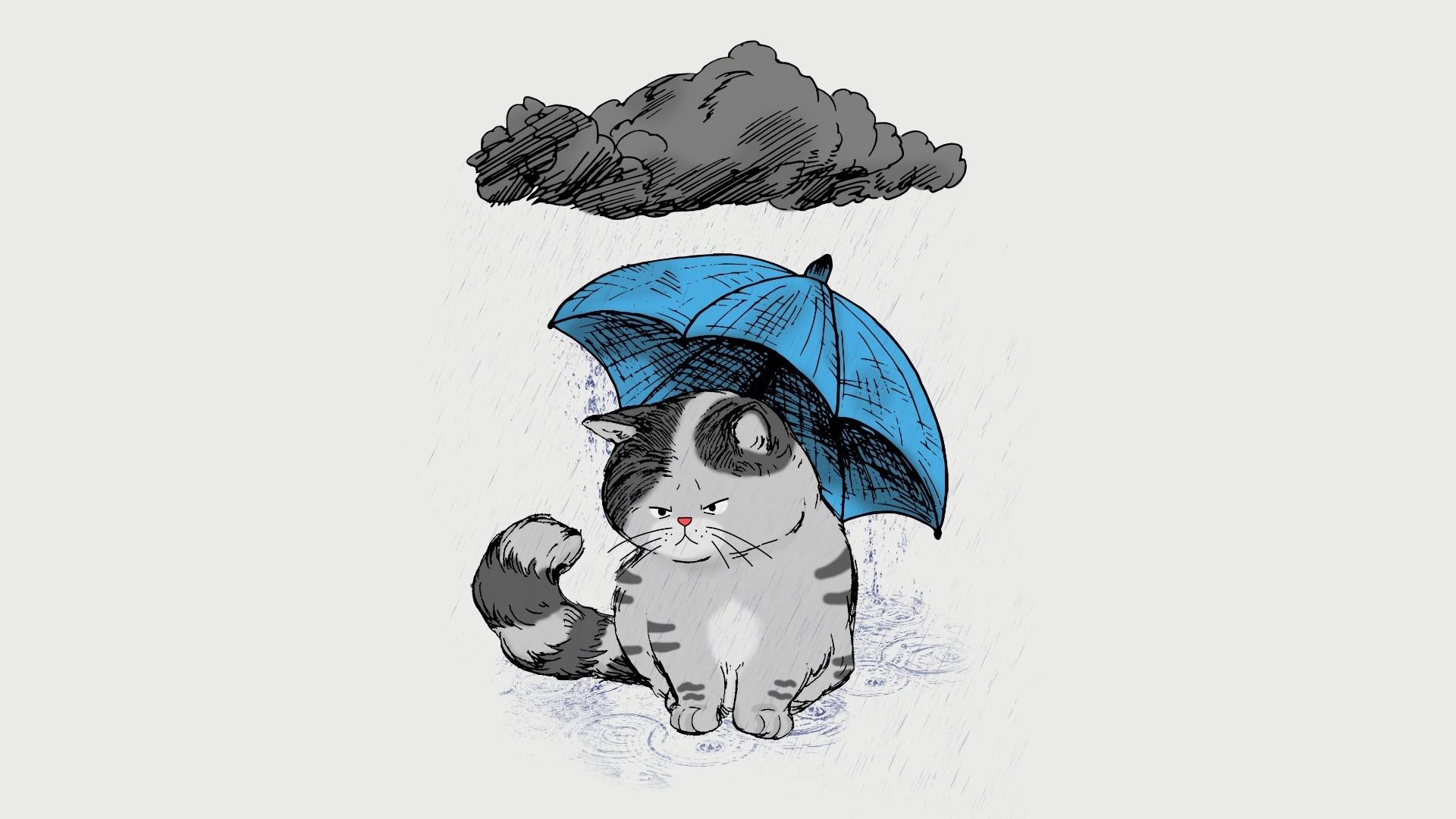
Leave a comment
This site is protected by hCaptcha and the hCaptcha Privacy Policy and Terms of Service apply.